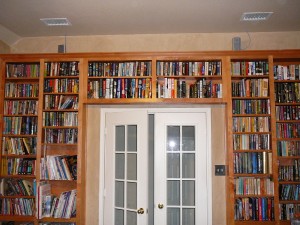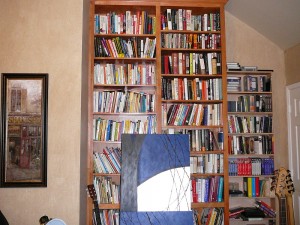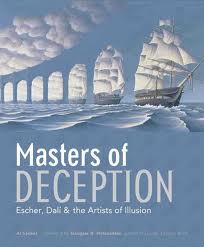The Plight of Popularizers
When I think of excellent popularizers, I first think of Carl Sagan (astronomy), but there are others, such as Thomas Sowell (economics). How difficult is it to be an excellent popularizer? Damned hard, according to (linguist) John McWhorter, an excellent popularizer in his own right. Sowell's work was the overall topic on this recent episode of The Glenn Show, featuring McWhorter and Glenn Loury, joined by Jason Riley of the Manhattan Institute. Here is what McWhorter had to say about difficult task of popularizers:
What people don't always know is that if you devote yourself to being a popularizer, to a certain extent, you're not taking the easy road. And I have never heard anybody say to me, as a linguist popularizer, that the popularizing isn't real work. So I'm not saying this out of some sort of pique. If anybody says that about me, and they must have, they've never said it to me. I get nothing but respect to my face, but I think a lot of people think popularizing isn't as hard as doing the real thing.
Having tried to popularize, it isn't just that you take away the detail and write stuff down. A lot of people who think "I could sit down and write a book in plain English, you know, explaining only what the ordinary person can understand. But I choose to do the real thing and write in tapeworm sentences and write with exquisite detail, etc." A lot of those people, I very humbly say, you have to have them sit down with, metaphorically, a blank piece of paper, and you are going to write about what you do. And this is the thing: Decide what you're going to put in terms of what the layman can understand, what is going to be a subtraction, what you're going to share with, you know, 55 specialists. But then not only write down what the layman can understand, but make it so that the layman will actually read it. It's one thing to put it on paper, but come up with a book that more than two people are going to read and then tell me that I'm just a "popularizer" and that I'm doing the easy thing because, frankly, not everybody can do that.
I know, there's some very noble popular linguistics books written by very smart and very nice people. But I must admit somewhere towards the middle, I find places where I think the reason that this book hasn't gotten around is because this person doesn't happen to have that particular knack. I remember one, I'm not going to mention it where he gets to a concept that is a little hard, you can get it across to people. But frankly, you'd have to know how. But he says, "Get some coffee. This is hard." And I thought "No, you don't tell them to get some coffee. You figure out how to get it across to them without them drinking any damn coffee!" That sort of thing. It means that you have to work at it. With Tom, it's hard work, what he's done, especially when you can read it as an ordinary person, I think.






